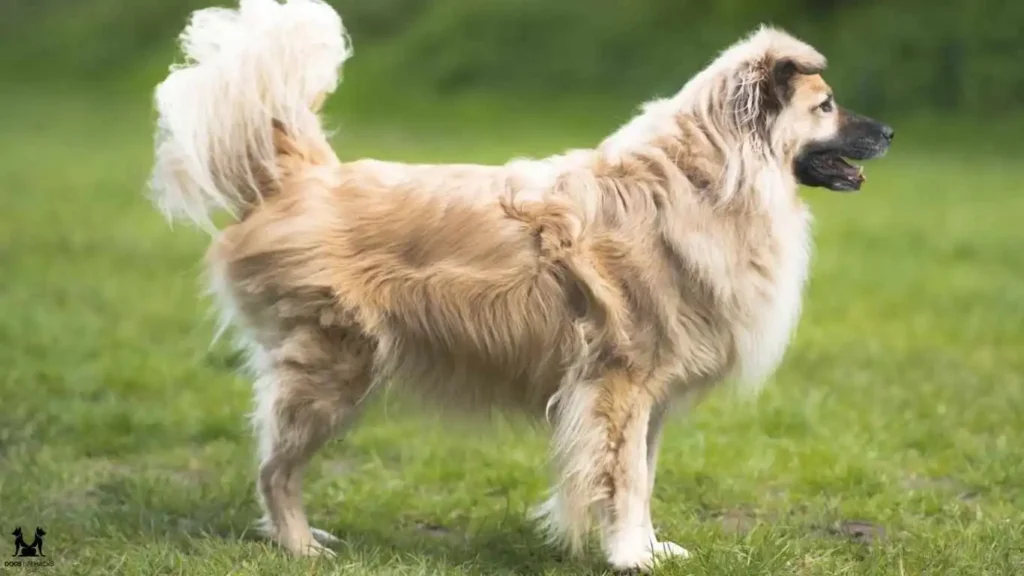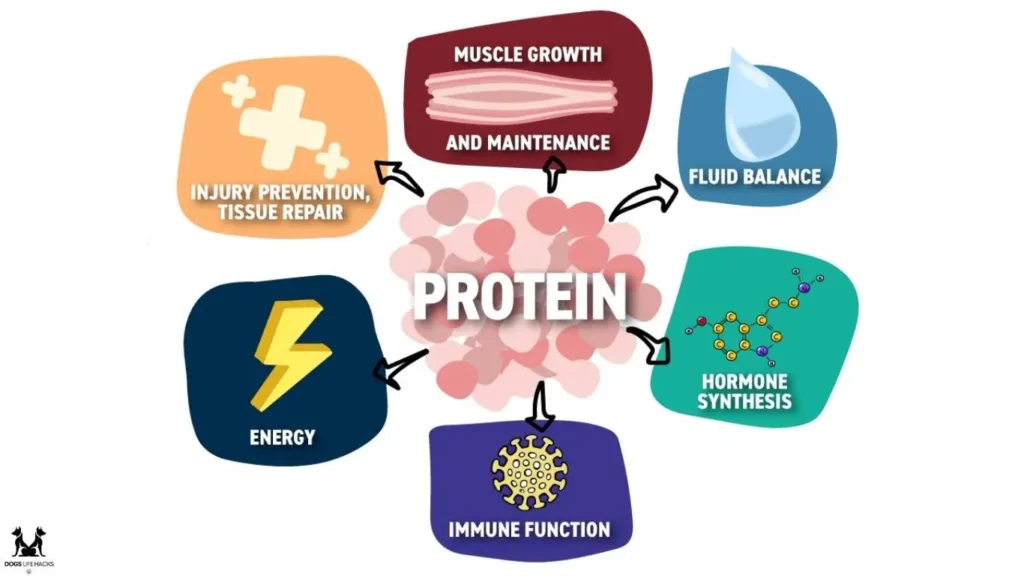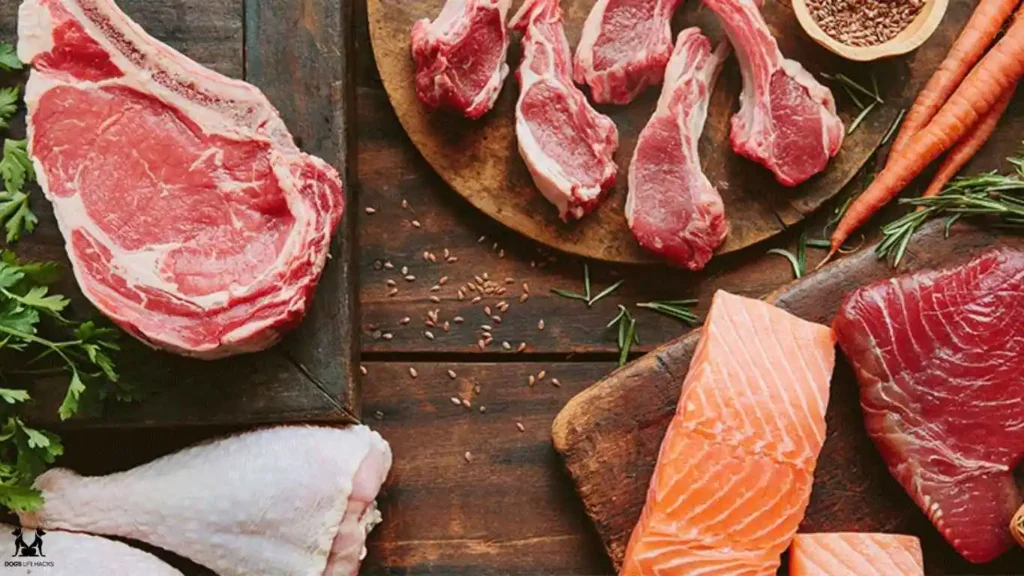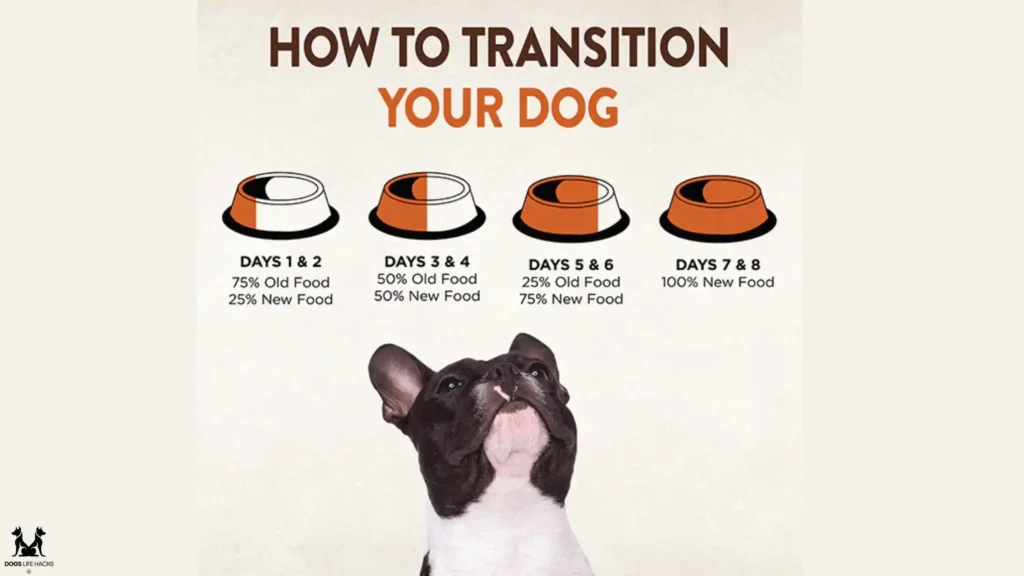Best Protein for Dogs To Boost Their Health Instantly
Every pet owner dreams of a happy, disease-free, and extended life for their dogs. Another key area that concerns their welfare involves providing them with a quality diet.
Protein for dogs is very crucial for good health and strength. Energy, physical body mass, and muscle composition are dependent on the amounts and types of proteins that the dog is consuming.
But how much do you know about the protein that should be fed to the dog? In this article, let’s lay out the role of protein for dogs, the types of protein, and how you can make the correct decision for your pet.

Importance of Protein for Dogs
Protein for dogs occupies the leading place in a their diet, and a dog’s body requires it for its proper functioning. Whether you are feeding a playful puppy which is full of energy or a geriatric dog, they should eat their fill of protein.
But first, let us try to understand exactly what it is about the wonders of protein that make it such a valuable addition to our dogs’ diets.
Building and Repairing Tissues
Protein is made from amino acids which are a basic unit of life on the earth. These amino acids are essential in the development and repair of the tissues in various parts of the body of your dog.
Each time that your dog is running jumping or playing around, the muscles are torn in very small aspects that are undetectable to the naked eye. Muscle tissue is made of proteins and these fibers get torn during activity, Protein aids in repairing these tears, your dog needs it to remain strong and active.
Supporting the Immune System
Having a healthy immune system is very important, it enables your dog to avoid getting sick in most cases. Protein is significant in forming antibodies which are proteins that aid in the elimination of infections.
Lack of the required amount of protein in the diet of your dog means that the immune system of the dog will also get compromised thus exposing the dog to other diseases.
Fueling Energy Levels
That’s not all that protein is used to provide energy to dogs. As for fats and carbohydrates, the energy is ‘fast’ in some sense.
The protein, on the other hand, supplies energy steadily, which may be required in activity or working dogs. Enough protein ensures that your dog can have the energy required for walking, playing, and any other rigorous activities.
Maintaining a Healthy Coat and Skin

Your dog’s coat and skin are the reflection of its inner health. It may also be noted that by consuming diets rich in proteins, the results are improved coat and skin. Some important peptides are engaged in the synthesis of keratin, which is a primary hair fiber. Baldness is not noticed among the dogs that have had adequate portions of proteins.
Facilitating Hormone and Enzyme Production
They are not only important for the development of body tissues but for internal processes as well. They contribute to the synthesis of hormones and enzymes that are used in the body to carry out many functions such as metabolic, digestive, and growth.
Supporting Weight Management
Protein helps dogs that have issues with their weight. These diets make it easier to shed some weight since the body feels full most of the time thus reducing cases of eating beyond the recommended portions. This helps to keep the dogs at a correct weight which is important in dogs’ general wellbeing.
Ensuring Healthy Growth and Development
Puppies and young dogs need more proteins compared to adult dogs since they are still in their growth period. Protein helps to build muscles, bones, and tissues and therefore guarantees proper physical health of your puppy and turns it into a healthy mature dog.
Understanding Protein’s Role in a Dog’s Diet
Dietary protein is necessary for your dog in ways best understood but let us try to simplify:

How Protein Functions in a Dog’s Body
Protein is composed of one or more amino acids, which can be considered as the units of life. There are essential physical structures of the human body about the wellbeing of the body made from these amino acids.
They are also involved in tissue building and repair work, they are fundamental in the formation of enzymes and hormones in the body, and the amino acids are vital to a healthy immune system. For dogs protein is an essential nutrient used in muscle formation and as a source of energy in the body.
The Importance of Protein in Various Life Stages
Protein for dogs needs also vary at different ages. Puppies need more protein since they are in their growing age while adult dogs need moderate protein to maintain their muscles and energy level. Aging dogs may require specific changes in the protein content for the muscles and rest of the body systems.
Types of Protein for Dogs
Not all proteins are the same; different proteins perform a variety of functions within cells. This way it becomes easy for one to decide on which type of protein is best for his or her dog.

Animal-Based Proteins
Animal-source proteins such as beef, chicken, and fish meats are easily digestible and contain all the ten amino acids necessary for your dog’s diet. They are the most popular and preferred types of protein to be fed to a dog.
Plant-Based Proteins
The plant-based proteins are not as complete as the animal-based proteins but they can be good depending on the diet of the specific breed or in case of allergies. Some examples of plant-sourced proteins include peas, lentils, and chickpeas which are often used in dog food.
Blended Proteins: The Power of Variety
Protein from animals and plants can vary supplement the diet and guarantee the dog gets multiple nutrients. This variety can also be helpful for the dogs that have some sort of diet restrictions as well as the allergic ones.
Benefits of High-Protein Dog Food
It is a good idea to feed your dog a high-protein diet as this will have numerous advantages to your dog’s health.
Promotes Muscle Development and Growth
Protein is important for muscularity, particularly in physically engaged animals or those that have suffered an injury.
Supports Immunity
Protein makes antibodies that help to protect the body from infections so that the health of your dog is enhanced.
Provides Energy
Protein is also an advantageous source of energy especially for the working or active breeds of dogs.
Boosts Coat and Skin Health
As it is well known, a high protein intake contributes to a better quality of the coat and skin, so your dog will have shiny hair and fewer skin problems.
Helps with Weight Management
The high protein content is beneficial to the dog’s diet in the sense that such foods are less likely to cause the dog to overeat thus helping in a way to control the dog’s weight.
Importance of Protein Levels in Dog Food
Not only the source but also the quantity of protein is crucial as well when it comes to your dog’s diet.

How Much Protein Does a Dog Need?
Modern scientific studies show that the protein requirements of a dog depend on the age, breed, and activity level of the dog. For average fleshed adult dogs, the recommended protein content is in the range of 18–25%.
What Percentage of Protein Should Be in Your Dog’s Food?
It is important to know the nutritional value of the dog food that you intend to feed your pet. The adult dogs should be fed foods with a protein content of not less than 18 percent, though the working or more active dogs as well as sick or injured dogs may need higher levels.
Best Sources of Protein for Dogs
The crucial question concerning proteins is whether not all products enriched with proteins are constructive for dog’s health some of them do more harm than good.

Beef
Beef is a good form of protein. This is easily digestible and is frequently consumed; beef also contains iron and B vitamins.
Chicken
Another protein that is widespread and, especially, easy on a dog’s stomach is chicken.
Turkey
Turkey is leaner than chicken and is one of the recommended options for dogs that suffer from allergies.
Duck
Duck is another source of protein that is valuable for dogs that have some problems with food intolerances.
Lamb
Lamb is packed with proteins and is specifically beneficial for dogs that have problematic stomachs or bowels.
Comparing Different Protein Sources for Dogs
Where and how does one protein source sit with another?
Nutritional Benefits of Different Protein Sources
As for the type of proteins, there are differences too. Fish proteins contain important fatty acids, whereas beef contains much iron.
Digestibility and Absorption
Essentially animal-based proteins are more digestible and well retained by the body compared to plant-based proteins and hence are more beneficial in muscles and energy.
Criteria for High-Quality, High-Protein Dog Food
It is important to note that protein is not the only factor to consider when selecting the right dog food.
Identifying Quality Ingredients
Check for high-quality proteins such as chicken or beef instead of four-word names like ‘animal proteins’. They increased their intake of food that contained lean cuts of meats and fresh produce while avoiding foods that contained fillers or by-products.
Avoiding Fillers and By-Products
Any substance such as corn and soy is a filler that provides almost no nutrition and is hard for digestion. Aim for the finest quality ingredients to enable the dog to have the best nutrients.
Common Misconceptions About High-Protein Dog Food
The following are some myths about high protein diet for dogs:

Let’s debunk them.
Myth: High-Protein Diets Cause Kidney Damage
Contrary to this myth that breaks out from time to time, recent studies proved that the consumption of high-protein diets does not affect the kidney’s health in dogs.
Myth: All Proteins Are the Same
Proteins do not come with a fixed recipe. It is also important to know that there is a difference between the source and quality of proteins and thus their nutritional value.
Best Protein for Dogs with Specific Needs
Dogs are different and they need different amounts of food thus the need to choose the right protein.
Best Protein for Dogs with Allergies
In terms of diets animals that are allergic to nature should be fed with proteins that are new to them such as duck or venison.
Best Protein for Active Dogs
The muscles also need to be built or developed hence the need to have more protein in the diet of active dogs. The best protein sources are animal-based, or better still the higher quality animal proteins.
Best Protein for Overweight Dogs
For obese dogs, then foods such as chicken or turkey meat are preferred for nutrition while at the same time avoiding the extra calories that would arise from taking fattening foods.
Factors to Consider When Choosing Dog Protein
Deciding on which protein is for more than just simply deciding between a source.
Age, Breed, and Activity Level
The protein needs of your dog depend on the age, breed, and activity level of the dog. Puppies and working dogs therefore require more protein than for instance geriatric or couch-bound dogs.
Health Conditions and Dietary Restrictions
It’s important to note that it is dependent on the health condition of your dog or even diet restrictions when selecting a protein. Allergic or sensitive coaster dogs may need certain types of foods only while others may suffer from digestive system problems.
How to Transition to High-Protein Dog Food
Consuming a high-protein diet should however be done gradually to avoid the consequences of an upset stomach.

Gradual Transition Tips
When adding a new food it is recommended that you should mix it with the existing one and then gradually increase the proportion of the new food in the successive days up to a week or two.
Monitoring Your Dog’s Response
When changing the food you should closely monitor your dog’s behavior, skin condition, and bowel movement to notice whether or not they are doing well with the new food.
It plays a fundamental role in dogs’ diet as it is associated with the development of muscle as well as other body features. Learning about the various types of proteins that are out there and the benefits that they shall bring to your dog then you shall be in a position to make the right and the best decision that shall help your dog to enjoy the best health in the coming years.
FAQs
What are the best sources of protein for dogs?
Turkey.
Duck.
Beef.
Lamb.
Pork.
Venison.
Rabbit.
Bison.
How do you add protein to a dog’s diet?
Goat’s milk, cottage cheese, yogurt, canned fish can be added
Dogs especially get so much carried away with issues of food saying that they require extra protein. Herring or sardines, or any canned fish such as mackerel or salmon as well as cultured dairy proteins can be recommended.
Is 30% protein too much for a dog?
It is quite clear that dogs are quite capable of handling foods with a protein content above 30% DM. This is why dogs are carnivores, that is how nature chose to create them!
What are the symptoms of too much protein in a dog?
Digestive Disturbances.
Nephritic Lesion in Dogs Suffering from Systemic Disease.
Nutrients that might hamper bone formation and development.
From High-Calorie Protein Diets Obesity.
Deficiency in the Absorption of Vital Nutrients.
Changes in Urination Patterns.
Bad breath or change in saliva.
Behavioural Changes.
What are the best foods to put in homemade dog food?
Your pet requires protein in the form of animal flesh, fish, milk, or eggs, fat from animal flesh or oil, and carbohydrates from grains or vegetables. It also contains calcium, which can be taken from dairy products or an ingredient like egg shells, and essential fatty acids which are obtained from certain plant oils, egg yolks, and oatmeal among other foods.
Related Articles
